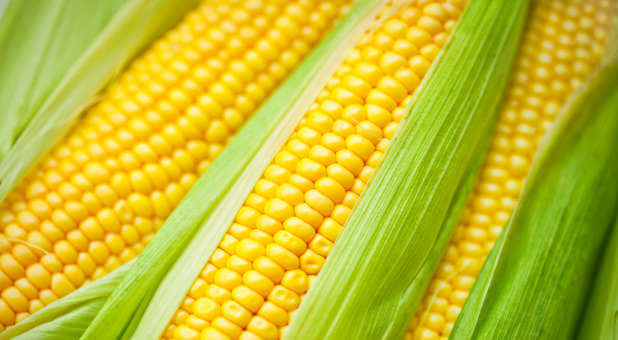Do you love corn, nuts, peanut butter or even milk? While these foods give you a different feeling of satisfaction, did you know that they could potentially harm your body in the long run?
Believe it or not, there is one component that grows in these food groups that can pose serious health risk—aflatoxin. But before you panic, here are some things you should know about aflatoxin and why it is dubbed an invisible food hazard.
What is Aflatoxin?
Aflatoxin is a potent carcinogen that is produced by Asergillus flavus and Aspergillus parasiticus molds. These molds typically grow on corn, peanuts, cottonseed, milk, walnuts, pistachios and Brazil nuts. This occurs when the crops of said foods are weakened by insects, drought or other adverse conditions or when foods are not stored properly.
Aflatoxin can be transmitted to people through milk products, meats from animal-fed contaminated field corn or nut meals or from eating peanut butter, cornmeal and grits. This can lead to liver cancer, a serious health risk.
Even if you consumed small amounts, the International Food Policy Research Institute warned that the effects can be cumulative, which can also lead to liver damage, gastrointestinal dysfunction, decreased appetite, slower reproductive function, and stunted growth.
Aflatoxin vs. the Government
Sometime in the early 1990s, federal inspectors found out that Midwestern corn and grains that were grown during the 1988 drought had high levels of aflatoxin. Although no safety measures were adopted during this time, at present, the U.S. Department of Agriculture and the Food and Drug Administration recognized aflatoxin as a serious health risk.
As a matter of fact, FDA has already set a tolerance for aflatoxin at 20 parts per billion. The amount may be small and unfortunately, the standards imposed by the FDA only apply to foods that cross state lines and are not applicable to foods produced and sold in the same state.
Tips to Reduce Aflatoxin Exposure
Here are some things you can do to minimize your risk of getting exposed to aflatoxin:
- Go for fresh, frozen or canned sweet corn.
- Avoid nut pieces or broken nuts since it is more likely to contain aflatoxin. At the same time, check if the nuts are already moldy, rotten or bitter. If they are, simply throw them away.
- Stay away from grind-your-own peanut butter. Peanut butter-making machines, especially when not cleaned daily can be a breeding ground for Aspergillus molds. Hence, it can be contaminated with aflatoxin, and the peanuts inside the machine may likewise contain this toxin.
It may be the food industry’s responsibility to self-monitor its products to make sure nothing is contaminated with this toxin. At the same time, the proper government agencies are also tasked to conduct regular inspections for public safety. But through these simple tips, you still will be able to reduce your risk of getting exposed to aflatoxin.
Don Colbert, M.D. has been board certified in Family Practice for over 25 years and practices Anti aging and Integrative medicine. He is a New York Times best-selling author of books such as The Bible Cure Series, What Would Jesus Eat, Deadly Emotions, What You Don’t Know May be Killing You, and many more with over 10 million books sold. He is the Medical Director of the Divine Health Wellness Center in Orlando, Florida where he has treated more than 50,000 patients.
For the original article, visit drcolbert.com.














































